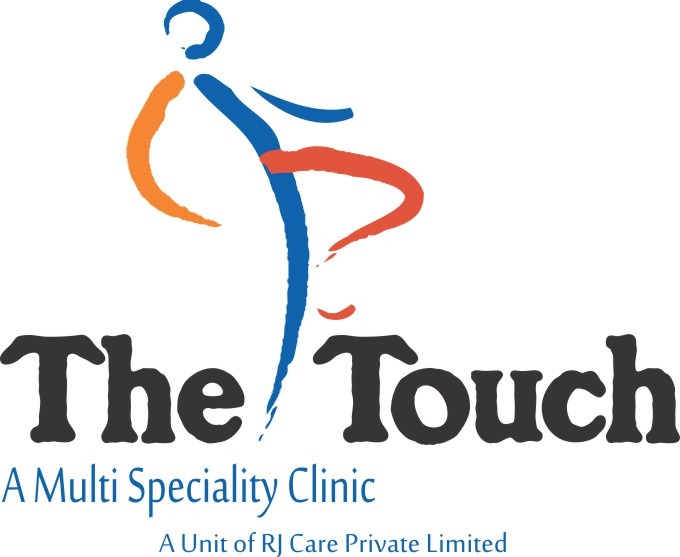Genetic testing and IVF: ensuring a healthy start for your baby

Welcoming a new life into existence is a magical journey, and in today’s era of medical progress, technology plays a crucial role in securing a healthy beginning for your little one. The improvements in the field of science have brought happiness to a lot of couples struggling with having children through the regular method. They have been able to experience the joy of being parents. However, this has also raised some questions about how IVF works. Continue reading to discover the process of genetic testing and IVF, exploring how this powerful combination is influencing our approach to pregnancy and the journey of parenthood.
IVF and PGT: an ideal match
In-vitro fertilization (IVF) is a medical process where an egg and sperm meet to create a tiny baby starter, almost like a seed! This occurs outside of the human body. Later, this tiny starter called an embryo, is stored, or placed in your womb, where it might grow into a baby if things go well. Doctors might check if IVF embryos are healthy before putting them in and the best way to do so is by using a test called preimplantation genetic testing (PGT).
PGT is an early approach to evaluating the genetic makeup of embryos, that distinguishes abnormal embryos and permits the implantation of genetically normal embryos. PGT is a big help in stopping genetic problems from passing on. PGT minimizes the trauma of failed IVFs, helps to avoid problems in older moms, and stops babies with syndromes from being born.
Secure a strong IVF journey:
The early weeks of pregnancy are super important for any soon-to-be mom, especially if you are having an IVF pregnancy. Taking extra care during this time is even more vital even when your baby is the result of fertility treatment like IVF. One of the benefits IVF offers is that the mother is closely monitored by skilled experts during her IVF treatment. This continuous attention helps reduce the chances of pregnancy problems. Here are some recommendations to follow for a healthy IVF journey:
- Rest and nap to manage fatigue in pregnancy.
- Inform your doctor about spotting, bleeding, cramps, or pain.
- Avoid intercourse during the early stages of IVF treatment
- Communicate symptoms to your doctor promptly
- Counter morning sickness with small and frequent meals
- Stay active with yoga, meditation, or breathing exercises during pregnancy.
Choosing IVF: Your Pathway to a Joyful Parenthood
Over the past few decades, IVF treatment has become widely known and accessible. What is even more remarkable is that IVF boasts a higher success rate compared to natural conception. While around 20% of 100 couples may achieve pregnancy naturally each month, certain Fertility Centers report significantly higher pregnancy rates among their IVF patients. It unlocks many more benefits for patients having:
* Low egg count– IVF enhances the chance of conception in older patients with low ovarian function by mainly focusing on egg quality over quantity.
* Premature ovarian failure- Women who experience early menopause or ovarian problems can use IVF treatment with donated eggs, which is known to work well.
* Low sperm count– Men who struggle with fertility due to a low sperm count will significantly improve their chances of conception with IVF.
* Own child- For infertile couples considering the concept of genetic continuity, IVF offers the top option to have a baby using their own eggs through artificial means.
Given all these benefits that the IVF process offers, you should consider being a part of it and enjoy the journey of parenthood. To learn more about the IVF journey, please schedule a consultation with us.

 Robotic
Robotic




